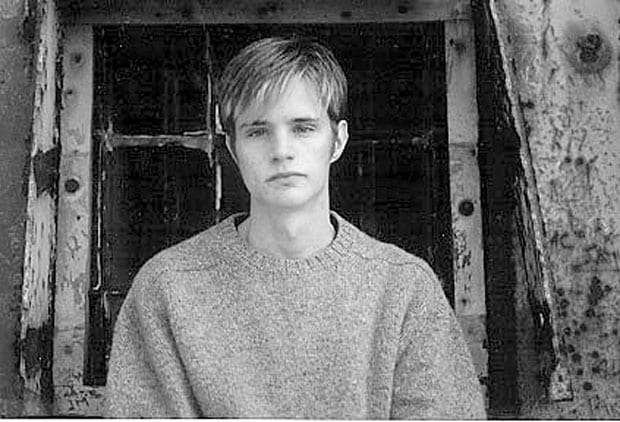Gay author’s controversial re-telling of Matthew Shepard case bound to confuse hate crime’s legacy
The Book of Matt by Stephen Jimenez (Steerforth Press 2013); $26; 360 pp.
Sometimes, you don’t know what to think. You hear both sides of a story, both conflicting. Rumors are whispered, denials issued, and you’re left to make up your own mind. Right or wrong, there are some things you’ll never know for sure. And that goes for what’s inside The Book of Matt.
In early 2000, Stephen Jimenez went to Laramie, Wyo., to start work on a story for which he thought he had an “abundance of detail.” He had, in fact, planned on writing a screenplay about the murder of Matthew Shepard.
Laramie residents were friendly, he says, and it didn’t take long to find the prosecutor who won conviction of the two men who murdered Shepard. He hinted to Jimenez that there was more to the story than the news media had reported.
 Intrigued, Jimenez dug for information and consequently, he says, discovered corruption and odd loose ends in the Shepard murder (and other cases). He spoke with witnesses and with people who knew Shepard and his killers. And, he claims, with some who were overlooked or inadequately interviewed by officials during the investigation. He believes that he was physically endangered many times because someone wanted him to stop asking questions.
Intrigued, Jimenez dug for information and consequently, he says, discovered corruption and odd loose ends in the Shepard murder (and other cases). He spoke with witnesses and with people who knew Shepard and his killers. And, he claims, with some who were overlooked or inadequately interviewed by officials during the investigation. He believes that he was physically endangered many times because someone wanted him to stop asking questions.
The reason for that, perhaps, was that what he says he found was shocking and not what people have come to believe. It involved drugs, sex-for-hire and at least one man who, Jimenez indicates, can’t tell the truth. And because of what he learned, Jimenez asserts, “I will offer here what I believe to be a more accurate account of the violent events set in motion…” on that night in October 1998.
At first blush, The Book of Matt seems like any other true crime book, albeit one that’s tedious, occasionally off-topic and sometimes melodramatic. Jimenez obviously did abundant research for this book, and his extremely lengthy list of interviewees and often-anonymous “witnesses” proves that.
And yet, if each page of this book was imbedded with nitroglycerine, it couldn’t be any more explosive.
Jimenez, who is himself gay, makes a lot of allegations that seem to be based on rumor and leaps of conclusion, and he’s not often very complimentary. He leaves the reader with an impression that there was a lot of putting-two-and-two-together here that, face-value, did add up but that left uncomfortable questions niggling in the back of my mind.
Furthermore, Jimenez asserts that Matthew Shepard wasn’t killed because of a hate crime, but that he was murdered because he was involved in a drug “family” to whom he owed money. Indeed, several of Jimenez’s “witnesses” claim that Shepard was “friends” with his killers long before his death, which could alter Shepard’s legacy, even if it does not negate the fact and horror of the crime.
Here’s the thing: only three people knew for sure what happened that night — one is dead, one gives “contradictory statements” and one’s not talking. That leaves open a good bit of finality to this story, but you can read The Book of Matt if you want, and make up your own mind.
— Terri Schlichenmeyer
This article appeared in the Dallas Voice print edition November 8, 2013.
















